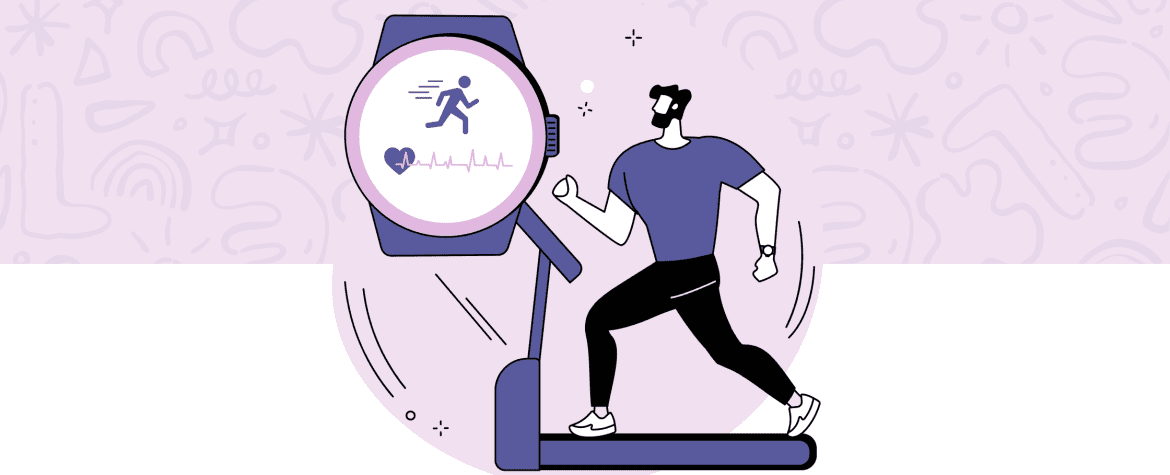Health and Wellness:Physical Health
- Home
- Health and Wellness:Physical Health
- Editors Desk
- August 30, 2024
- 0 Comments
Maintaining physical health is a vital component of overall well-being, especially for professionals balancing busy schedules. Prioritizing regular physical activity, proper nutrition, hydration, and quality sleep not only enhances productivity and mental clarity but also supports long-term health and professional success. This guide provides practical strategies to help integrate healthy habits into your daily routine, ensuring you stay energized, focused, and resilient.
Maintaining Physical Activity
The Benefits of Regular Exercise for Professionals:
Improved Energy Levels: Regular exercise increases energy by boosting circulation and oxygen flow, helping professionals stay alert and productive throughout the day.
Enhanced Mental Clarity: Physical activity promotes the release of endorphins and other neurotransmitters that improve mood, reduce stress, and enhance cognitive function.
Reduced Health Risks: Engaging in regular exercise lowers the risk of chronic illnesses like heart disease, diabetes, and obesity, contributing to overall well-being and reducing absenteeism.
Tips for Incorporating Physical Activity into a Busy Schedule:
Schedule Workouts: Treat exercise like an important meeting by scheduling it into your calendar. Even 30 minutes of moderate activity most days of the week can make a significant difference.
Combine Activities: Incorporate physical activity into your daily routine, such as walking or biking to work, taking the stairs instead of the elevator, or having walking meetings.
Short Workouts: Take advantage of short, high-intensity interval training (HIIT) sessions, which can be as effective as longer workouts and fit easily into a busy schedule.
Desk Exercises and Stretches for Office Workers:
Chair Stretches: Perform seated stretches for your neck, shoulders, and back to alleviate tension and improve flexibility. Simple movements like shoulder rolls and seated twists can make a big difference.
Desk Push-Ups: Use your desk for inclined push-ups, which engage your upper body without needing to leave your workspace.
Leg Raises: Strengthen your lower body by doing seated leg raises or standing calf raises during breaks. These exercises improve circulation and reduce the risk of sedentary-related issues.
Nutrition and Hydration
Importance of Balanced Nutrition for Energy and Focus:
Sustained Energy: Balanced meals with a mix of complex carbohydrates, protein, and healthy fats provide sustained energy, helping you avoid mid-day slumps and maintain focus.
Mental Clarity: Nutrient-rich foods, including fruits, vegetables, whole grains, and lean proteins, support brain health, improving concentration and cognitive function.
Immune Support: A balanced diet rich in vitamins and minerals strengthens the immune system, reducing the likelihood of illness and keeping you on top of your professional responsibilities.
Tips for Healthy Eating at Work:
Meal Prep: Prepare balanced meals and snacks in advance to avoid unhealthy, last-minute food choices. Include a variety of foods to ensure you’re getting essential nutrients.
Smart Snacking: Choose snacks that combine protein and fiber, such as nuts, yogurt, or fruit, to keep energy levels stable throughout the day.
Mindful Eating: Practice mindful eating by taking time to enjoy your food without distractions. This helps with digestion and prevents overeating.
Staying Hydrated and Its Impact on Productivity:
Benefits of Hydration: Staying well-hydrated improves cognitive function, supports energy levels, and reduces the likelihood of headaches and fatigue, all of which are crucial for maintaining productivity.
Daily Water Intake: Aim to drink at least 8 glasses (about 2 liters) of water a day, adjusting based on your activity level and work environment.
Hydration Reminders: Use apps or set reminders to drink water throughout the day. Keep a water bottle at your desk as a constant visual cue to stay hydrated.
Sleep Hygiene
The Role of Quality Sleep in Professional Success:
Cognitive Function: Quality sleep is essential for memory consolidation, problem-solving, and decision-making—all key to professional success.
Emotional Regulation: Adequate sleep helps regulate emotions, making it easier to handle stress and maintain a positive attitude at work.
Physical Health: Sleep is critical for physical recovery and immune function, reducing the risk of illness and ensuring consistent performance at work.
Tips for Improving Sleep Patterns:
Establish a Routine: Go to bed and wake up at the same time every day, even on weekends, to regulate your body’s internal clock.
Create a Sleep-Conducive Environment: Ensure your bedroom is dark, quiet, and cool. Use blackout curtains, earplugs, or white noise machines to enhance sleep quality.
Limit Screen Time: Avoid screens (phones, tablets, computers) at least an hour before bedtime, as the blue light emitted can disrupt your sleep-wake cycle.
Managing Sleep Disorders:
Recognize Symptoms: If you experience persistent difficulty falling asleep, staying asleep, or waking up too early, you may be dealing with a sleep disorder.
Seek Professional Help: Consult a healthcare provider or sleep specialist if sleep issues persist. They can diagnose conditions like insomnia or sleep apnea and recommend appropriate treatments.
Implement Sleep Hygiene Practices: Consistently applying good sleep hygiene practices, such as maintaining a regular sleep schedule, can help manage and alleviate sleep disorders over time.
By incorporating regular exercise, maintaining a balanced diet, staying hydrated, and prioritizing quality sleep, you can significantly boost your physical health and professional performance. Small adjustments to your routine can lead to lasting improvements in energy, productivity, and overall well-being. A healthy body supports a sharp mind, enabling you to thrive in both your personal and professional life.
Read more: Health and Wellness: Individual Wellness
Choose Layout
Main Color Scheme
- RTL Version
- LTR Version

